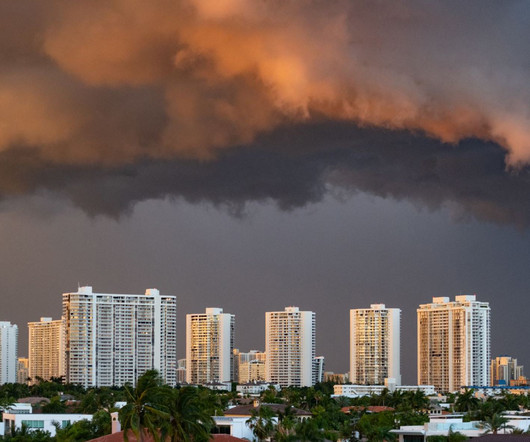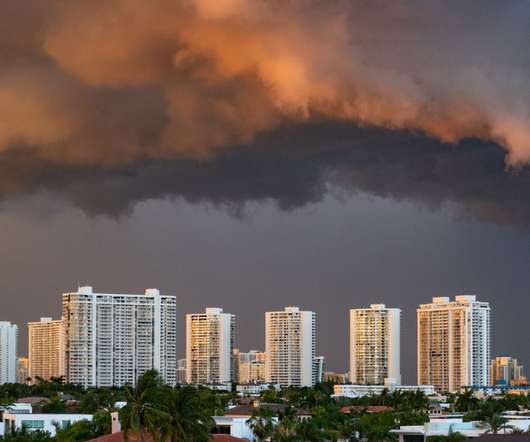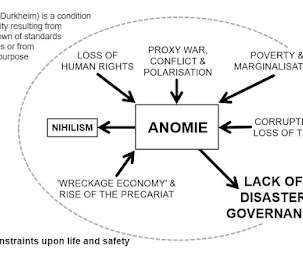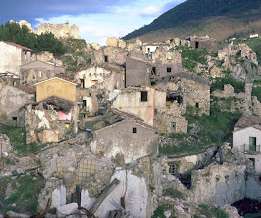A Resilience Charter
Emergency Planning
MARCH 23, 2022
Disaster’ refers to an event that causes damage, destruction, interruption of services and important activities, and possibly casualties. A ‘major incident’ is an adverse impact that requires immediate attention from emergency services and a switch from normal to emergency working patterns.
















Let's personalize your content